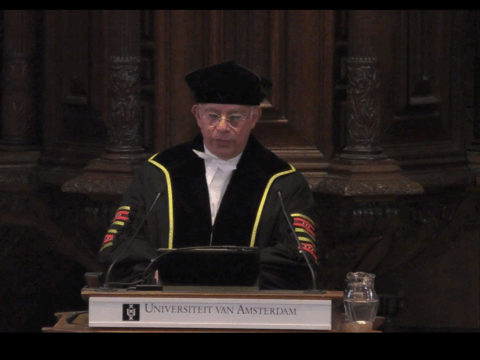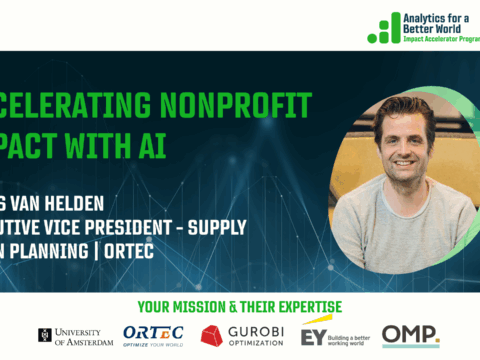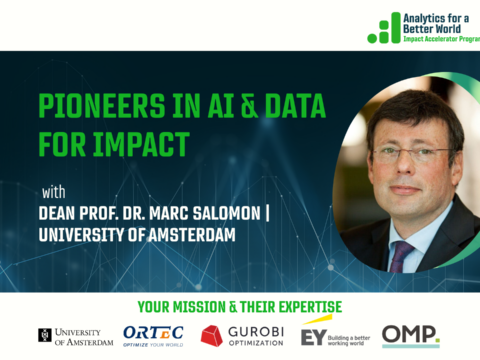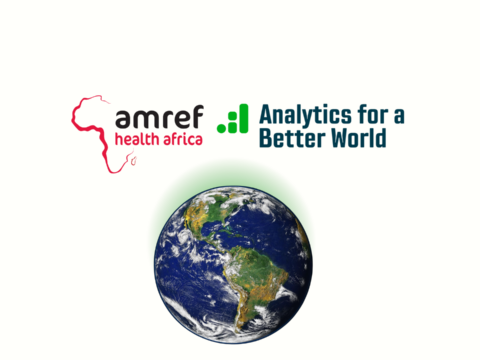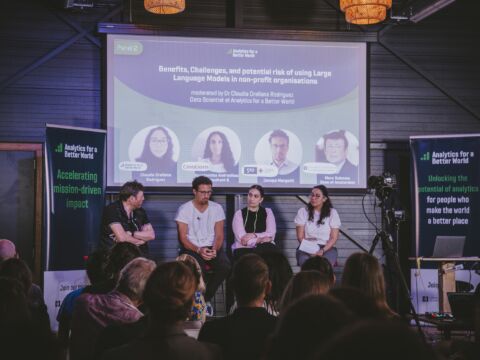Cmotions
See profile510 – an initiative of The Netherlands Red Cross
See profileBenefits, Challenges, and Potential Risks of Using Large Language Models in Non-Profit Organisations
Analytics for a Better World 2024 Conference Stories

Analytics for a Better World 2024 Conference Stories – Cmotions | 510 – an initiative of The Netherlands Red Cross | The Role of Large Language Models in Nonprofits: Insights from the Analytics for a Better World Conference At the Analytics for a Better World (ABW) conference, key stakeholders from nonprofits, academia, and the corporate […]
The Role of Large Language Models in Nonprofits: Insights from the Analytics for a Better World Conference
At the Analytics for a Better World (ABW) conference, key stakeholders from nonprofits, academia, and the corporate world came together to discuss the impact of analytics on the social sector. Among the key topics explored was the role of large language models (LLMs) in nonprofit organizations, focusing on their benefits, challenges, and potential risks.
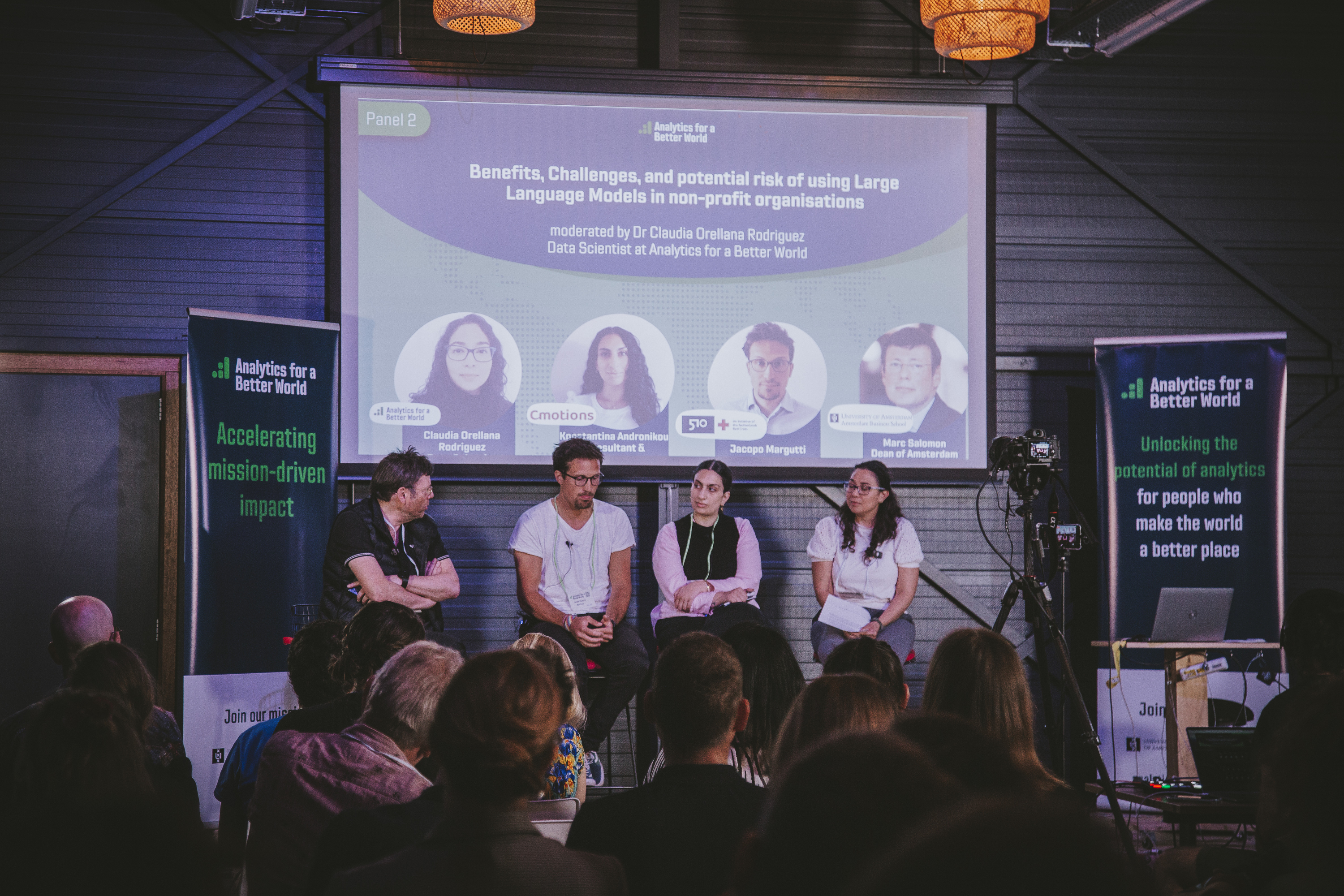
The Potential of Large Language Models in the Nonprofit Sector
Panelists highlighted the transformative potential of LLMs for nonprofits. Claudia Orellana Rodriguez, data scientist in Analytics for a Better World and lecturer at the University of Amsterdam, set the stage for the discussion, emphasizing the growing presence of AI and the need to understand its implications in the social sector.
Konstantina Andronikou, a natural language processing engineer and data science consultant at CMotions, explained that LLMs, a subset of generative AI, are designed to analyze and generate text-based content. She elaborated on the distinction between proprietary models, which are controlled by private organizations, and open-source models, which are publicly available and customizable. The discussion underscored that open-source models, such as those available on platforms like Hugging Face, provide cost-effective and transparent alternatives for nonprofits with limited budgets.
Applications of LLMs in Nonprofits
Panelist Jacopo Marugutti, the data specialist coordinator at 510, an initiative of the Netherlands Red Cross, described how LLMs could enhance communication between humanitarian organizations and the communities they serve. Rather than assuming what people need, AI-powered tools can facilitate two-way communication, ensuring that aid is tailored to actual needs.
Another promising application is grant proposal writing. LLMs can assist in drafting funding applications, reducing the time and effort required for nonprofits to secure financial support. This capability is particularly valuable for small organizations with limited human resources.
Additionally, LLMs can help nonprofits manage knowledge more effectively. Many organizations produce extensive reports and documentation, but these resources often go unused. AI-powered systems can summarize key lessons from past projects, making it easier to apply them in future initiatives.
Challenges and Risks of AI Adoption
While the potential of LLMs is undeniable, the panel also addressed the associated risks. One major concern is data privacy. OpenAI’s ChatGPT, for instance, collects user input, raising concerns about sensitive information being inadvertently exposed. Margutti advised nonprofits to use containerized versions of AI models hosted on secure cloud platforms like Microsoft Azure or AWS to mitigate this risk. Bias in AI models was another key concern. Since LLMs are trained on vast datasets, they can perpetuate existing societal biases. Andronikou noted that while bias is difficult to eliminate entirely, organizations can take steps to mitigate it by carefully curating training data and implementing bias-detection frameworks.
Bringing AI to Smaller Nonprofits
One audience member raised an important question: Can small nonprofits with limited resources effectively implement AI? The panelists agreed that collaboration with universities and research institutions can be a viable solution. Many graduate students seek opportunities to apply AI in real-world contexts, offering nonprofits an affordable way to experiment with AI tools. Additionally, they advised smaller organizations to start with simple AI applications, such as automated grant writing or chat-based support, before scaling up to more complex implementations.
The discussion at the ABW conference reinforced that while AI and LLMs present exciting opportunities for nonprofits, their adoption requires careful planning. Organizations must weigh the benefits against ethical and operational challenges, ensuring that AI serves as a tool for positive social impact. By leveraging open-source models, prioritizing data security, and fostering partnerships with researchers, nonprofits can harness the power of AI to drive meaningful change.
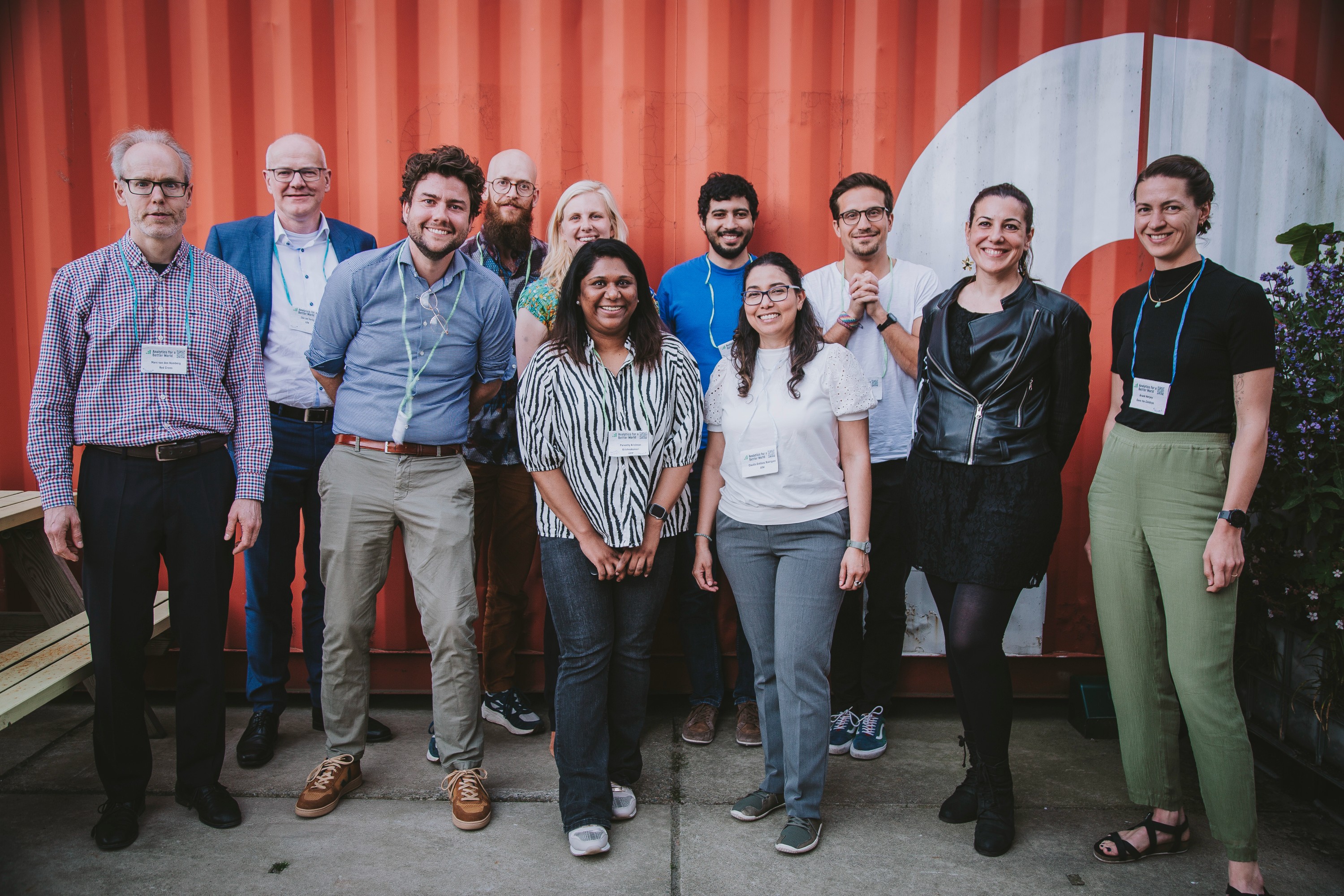
Watch the Benefits, Challenges, and Potential Risks of Using Large Language Models in Non-Profit Organisations panel here!
